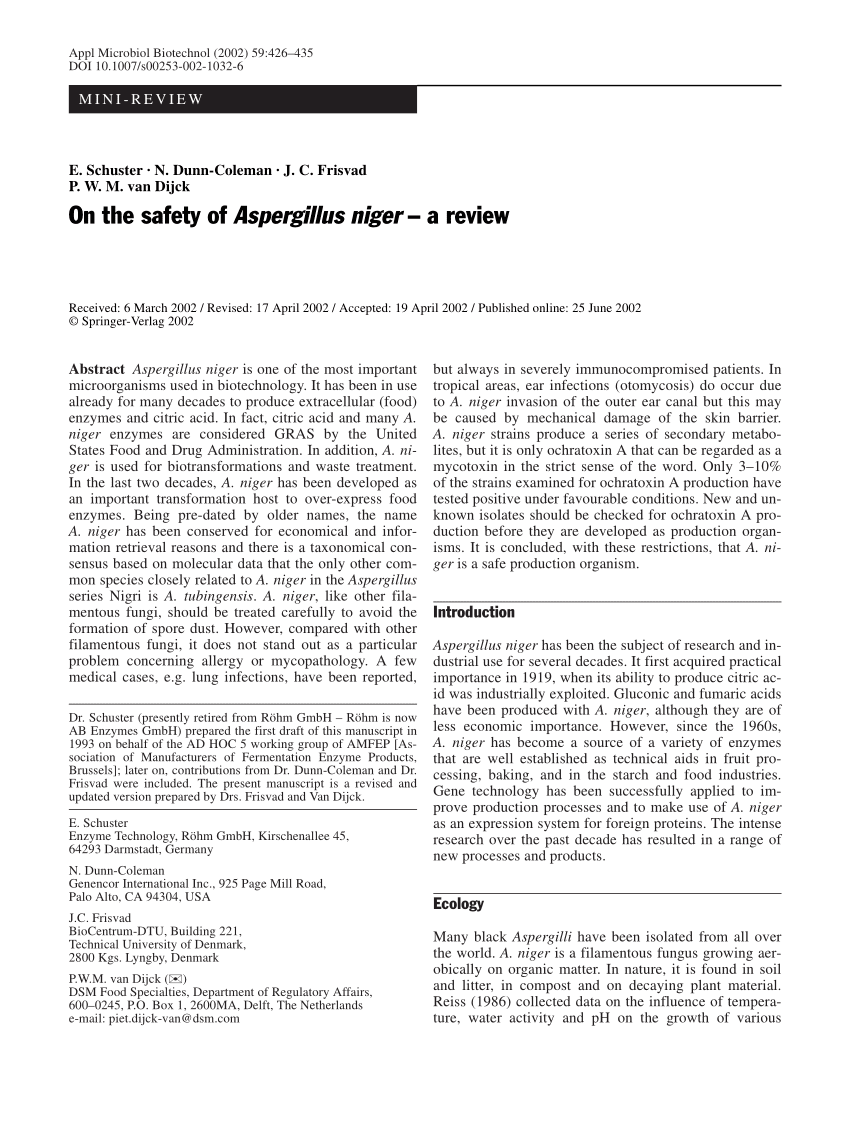ecstatichamster
Member
- Joined
- Nov 21, 2015
- Messages
- 10,519
Yes it means it is allergenic.means its allergenic? even if from sugar cane/beets, still toxic to use?
i think Ray said its not supposed to be eaten as a standalone thing even if its totally pure, non allergenic didnt he...

